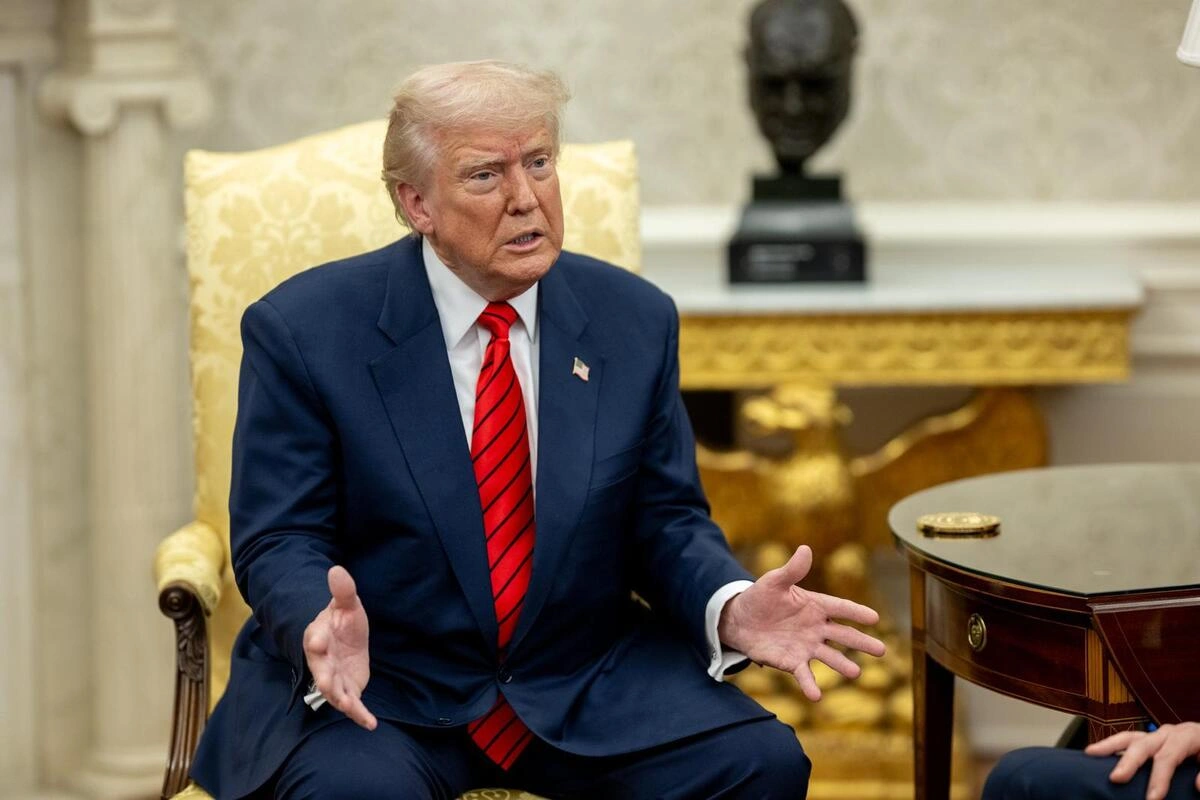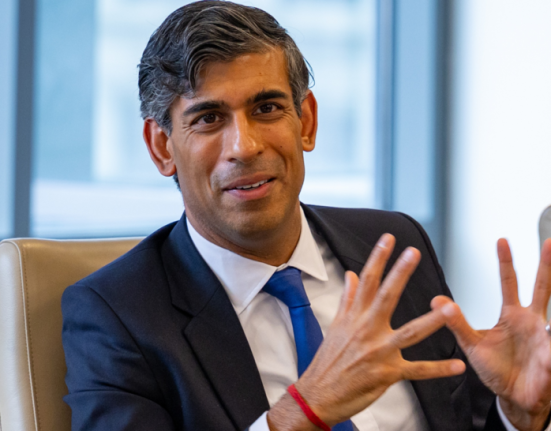Six months into Donald Trump’s second term as US President and his America First policies have sent shockwaves through global trade, including hitting businesses in the West Midlands. From hefty tariffs on exports to the US to a growing global trend towards protectionism, Trump’s agenda is reshaping the economic landscape for our region’s manufacturers and workers. Here Gary Sambrook, managing partner for Midlands-based business growth consultancy Walk Through Walls, examines how these changes affect local firms, the worldwide political fallout, and why working-class voters are increasingly backing protectionist policies.
How Trump is impacting West Midlands businesses
The West Midlands, still the beating heart of UK manufacturing, relies heavily on exports, with the US a vital market for cars, aerospace, and machinery.
Trump’s tariff policies slapped a 10% universal levy on all US imports, followed by steeper reciprocal tariffs on countries with large US trade deficits. For the UK, these translate to a 20% tariff on many goods, spelling trouble for West Midlands exporters.
Big hitters like JLR not as badly affected as smaller firms
Local giants like Jaguar Land Rover, based in Solihull, are feeling the pinch. The US is a key market for luxury vehicles, but a 20% tariff hikes prices, risking lower sales.
Smaller firms, such as those in the Black Country’s supply chain, face even tougher choices. With the US accounting for 17% of the region’s exports, these tariffs threaten jobs and investment in a region which has been struggling to maintain its manufacturing base.
£1.2bn a year cost to WM economy
The Confederation of British Industry estimates prolonged tariffs could cost the West Midlands £1.2bn a year, with small and medium-sized enterprises (SMEs) hit hardest.
Trump’s America First agenda, prioritising US interests, is shaking up politics worldwide. By using tariffs as leverage, he’s pushed allies and rivals to rethink trade deals.
The EU, facing 20% tariffs, is desperate to avoid a trade war, while countries like Zimbabwe and Israel have cut tariffs on US goods to stay in Trump’s good books. This deal-making style is inspiring populist leaders in Europe, who see protectionism as a way to win over voters.

Heated debate
In the UK, Trump’s tariffs have sparked heated debate. Birmingham MP Liam Byrne, chair of the Commons Business and Trade Committee, called them a “disaster” for the UK economy, urging concessions like stricter export controls to win exemptions.
Yet, the UK’s post-Brexit focus on Asia and the Comprehensive and Progressive Agreement for Trans-Pacific Partnership (CPTPP) shows it’s hedging against US unpredictability.
Globally, Trump’s policies are pushing countries to diversify trade, with the EU striking deals with MERCOSUR ( Argentina, Brazil, Paraguay, and Uruguay trade bloc) and India to offset US market losses.
Canada hit with 25% levies
The America First approach is also straining alliances. Canada, slapped with 25% tariffs, is exploring non-US options for military equipment, wary of relying on an unpredictable America.
Navigating a fractured global market
For the West Midlands, this global fragmentation complicates trade, forcing businesses to navigate a splintered market.
Trump’s tariffs strike a chord with a growing trend: working-class voters in the US, UK and Europe are increasingly drawn to protectionism and global isolation.
In the US, Trump’s 2024 win relied on blue-collar voters in swing states, who blame globalisation for job losses. His pledge to “make America wealthy again” through tariffs tapped into this frustration, casting foreign trade as a threat.
Growing support for UK protectionism
Here in the West Midlands, similar feelings are brewing. The region’s industrial decline and post-Brexit environment have fuelled distrust in open markets.
A 2025 YouGov poll found 62% of local workers back tariffs to protect UK industries, even if it means higher prices. This echoes a wider European shift, with populist parties in Germany and France gaining ground by mimicking Trump’s anti-globalist stance.
We must all adapt to the new reality
Trump’s first six months have turned global trade on its head, with West Midlands businesses caught in the storm. Tariffs are hammering exporters, threatening jobs and growth.
The America First model, while rallying US workers, is challenging old alliances and sparking trade wars, leaving the UK and the rest of the world to rethink its strategy. The ongoing political shift rightwards for many countries continues to grow, and many are taking inspiration from Trump’s style and delivery.
As Trump’s policies unfold, West Midlands firms and leaders must adapt to a world where trade is driven by reciprocity, not openness, and politics operates in front of the world on the Oval Office sofas.







